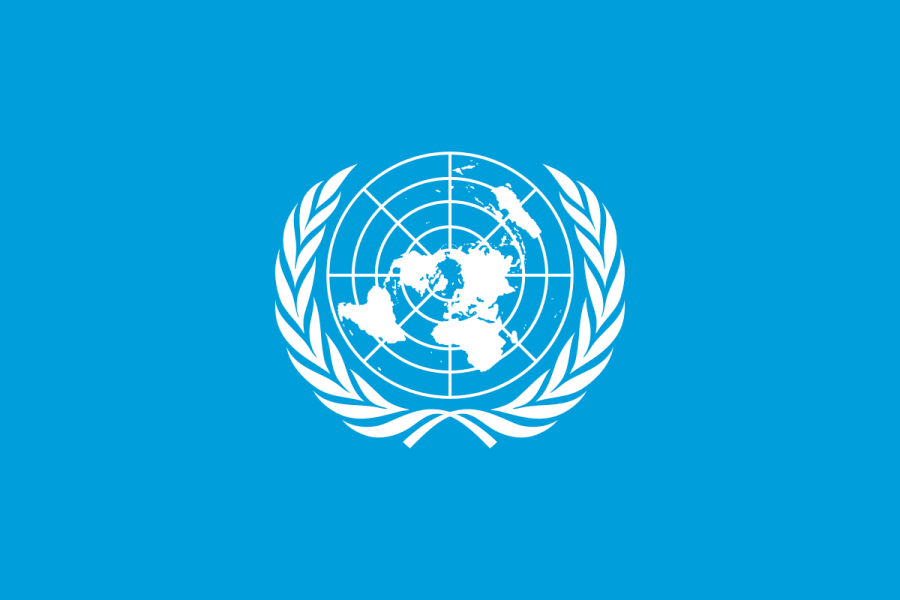
Kathmandu, July 19 -- Last year, during an accreditation assessment, Nepal's work on creating a new law aimed at improving the National Human Rights Commission's efficiency and autonomy was a key reason for maintaining the organization's international "A" rating.
The subcommittee on accreditation (SCA) of the Global Alliance of National Human Rights Institutions recognized the work done in drafting laws aimed at strengthening and boosting the commission's efficiency and autonomy, in line with the Paris Principles. During the review held in October last year, the constitutional human rights oversight body referenced a bill related to this matter.
Nevertheless, after eight months, the government has not yet completed the bill. Officials are unsure when the bill will be finalized and submitted to Parliament. Top Bahadur Bista, undersecretary in the Law and Human Rights Division of the Prime Minister's Office, mentioned that they have sent two bills—one concerning the commission and the other regarding its staff—to the Ministry of Law, Justice, and Parliamentary Affairs for approval. "We have not received a response from the ministry yet," he stated. "The bill is a top priority."
According to the SCA, the new commission law should guarantee that the selection and appointment process adheres to the Paris Principles by being inclusive, open, and involving various stakeholders, while also avoiding any conflicts of interest.
Approved in 1993 by the United Nations General Assembly, the Paris Principles outline six standards that national human rights institutions are required to meet. These consist of independence from the government, constitutional assurance of autonomy, sufficient authority, diversity, and access to resources and powers needed for conducting investigations.
In the same way, the SCA stated that the approved law should guarantee the commission's financial independence, ensuring it does not require approval from the Ministry of Finance prior to receiving donor funds. Other legal modifications proposed by the SCA included a pluralistic structure with a minimum of two women, and submitting the commission's report directly to parliament instead of through the President (as is currently the case).
A group formed by members from the commission, the prime minister's office, and the ministry of law developed a bill and submitted it to the government last year.
Shyam Babu Kafle, a senior official at the commission, mentioned that the law is not a top concern for the administration. "We had presented a draft bill in September of last year following the Cabinet's approval to incorporate the staff management section into one comprehensive bill. However, the Prime Minister's Office divided it into two separate bills, causing a delay," he stated.
Before the SCA's review, the leadership of the constitutional human rights watchdog was also pushing for the bill's registration in Parliament. It has ceased bringing up the matter following the retention of the "A" status, as stated by an official at the commission.
Not only the SCA, but the necessity to amend the NHRC Act (or introduce a new law) to guarantee complete independence and diversity in appointments was strongly emphasized during the third cycle of the United Nations Universal Periodic Review (UPR) in January 2021. At least 10 nations, such as Australia, India, Pakistan, and Sri Lanka, advised Nepal to take actions to ensure the commission's efficient operation under the Paris Principles, including granting the commission financial independence and acting on its suggestions. Nepal has acknowledged this.
Nevertheless, various governments have not fulfilled their promise. "This matter is expected to be brought up during the fourth phase of the periodic assessment," stated Yagya Adhikari, a joint secretary within the commission. "The likelihood of these bills passing through Parliament prior to the upcoming review is low. How will Nepal justify its position?"
The commission has pointed out the slow development in the law within its shadow report presented to the UN Human Rights Council on Thursday. Various constitutional institutions and non-governmental organizations submit shadow reports illustrating the nation's human rights condition, alongside the government's report.
The fourth round of the UPR will take place in Geneva during January of the following year.

Posting Komentar